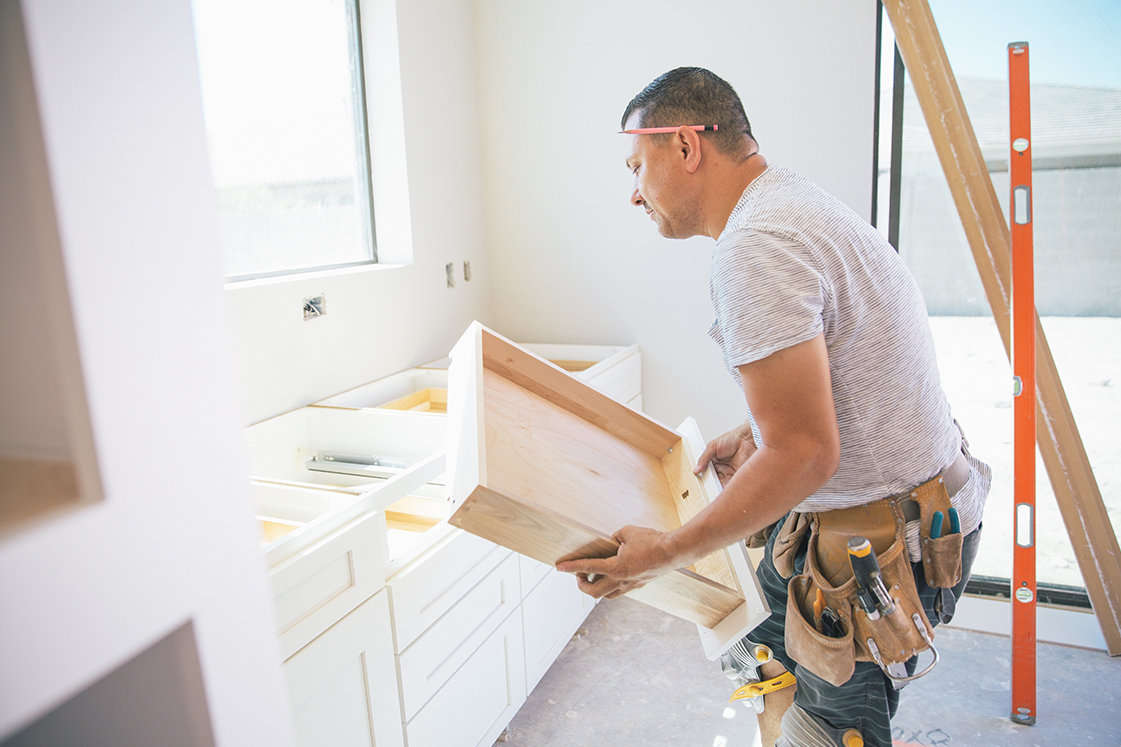There are a lot of decisions to make when you’re ready to build your new home. Setting your budget, finding a home plan, deciding on the area to build in, and much more.
You’ll also have to pick where you’d like to get your construction loan from. We can all name a few of the national mortgage companies – but what about the hometown lenders? What advantages can they offer against the giant loan companies?
Smaller down payment
Most large lenders and banks require a hefty down payment. And it makes a lot of sense when you consider there’s no physical collateral backing up the loan. It’s not like the bank can sell your house to recoup their losses if you aren’t able to make payments. That’s why a home construction loan is considered risker than a loan to purchase an existing house. Most banks need up to 20 – 30% down payment.
Smaller lenders have a lot more flexibility when it comes to down payments for construction loans.
Mann Mortgage’s construction programs have down payments that are far less than what big lenders offer. You can get a construction loan with 5% down for a conventional loan, 0% for VA loan, and 3.5% for USDA loan. This makes home construction a possibility for far more people.
Better relationship with local builders
Large lenders can give you the funds for your build, but can they recommend builders? Can they give you advice on what areas are the most coveted in the community? Have any of your local builders worked with them before? Probably not.
When you work with a smaller hometown lender, they have spent years (even decades) in your community. Some, like Mann Mortgage, will even recommend a builder for your project. Mann Mortgage’s branch locations have approved builders they’ve worked with in the past. For these builders, they already know how they’ll get payments, who to ask if they have questions, and they may already have a relationship with your lender – it’s a more comfortable and easy relationship for everyone involved.
Quick mortgage answers
Every lending institution offers customer service and a number to call if you have questions. But large lenders often don’t have a dedicated loan officer assigned to each customer. You can get assistance, but you’ll have to call a customer service line to talk to a random representative.
Small lenders, like Mann Mortgage, have one dedicated loan officer available for you through the entire loan process. You’ll have their direct line, office number, email, and sometimes even their mobile phone for text and calls. The benefit? Faster response times, less anxiety, quicker answers, and a better guarantee you’ll close on time.



